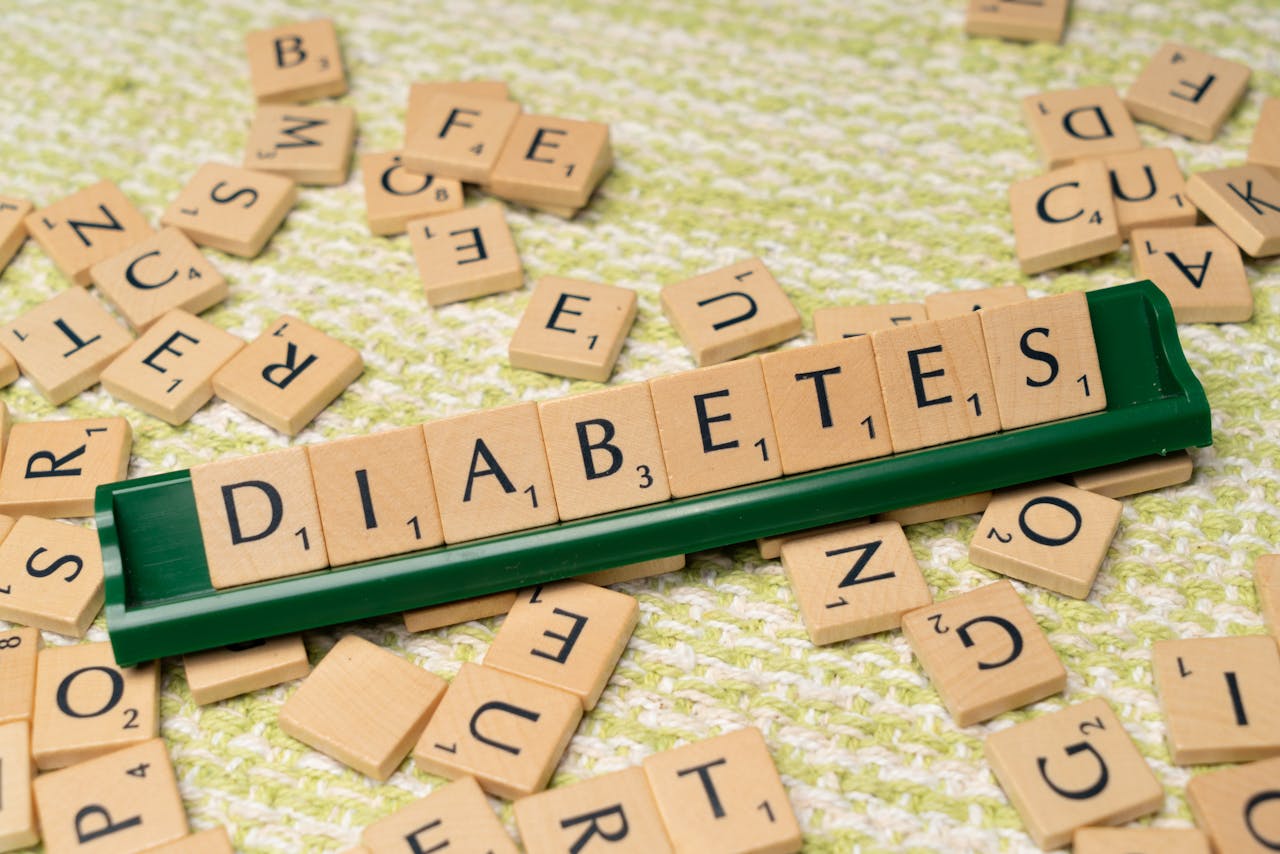
In 2021, the International Diabetes Federation reported that 10.5% of the adult population (537 million individuals) are living with Type 2 Diabetes Mellitus (T2DM). And almost half of these individuals are unaware of their condition. Current lifestyle trends and healthcare statistics indicate that by 2030, 643 million adults globally will have T2DM.
As a healthcare professional specializing in the prevention and management of chronic health conditions like T2DM, it is crucial to address these alarming statistics. Also, to share insights on preventing and managing this progressive yet reversible condition.
Let’s start by understanding T2DM and the associated human physiology!
T2DM is a metabolic condition where the body is not able to produce insulin or utilize it correctly. Insulin is an essential hormone that the pancreas’ Beta-cells produce, in response to high blood glucose levels.
When we consume carbohydrates, they break down into glucose, which our body uses as energy. In a healthy response, blood glucose levels increase after carbohydrate consumption. Here, insulin helps transport glucose from the blood to muscle cells for energy or signals the liver to store remaining glucose for later use.
However, in individuals with T2DM, unhealthy lifestyle behaviors such as poor diet and a sedentary lifestyle disrupt this process, often leading to increased body mass.
This results in insulin resistance, where insulin cannot effectively uptake glucose. This causes elevated blood glucose levels (hyperglycemia) and, over time, high insulin levels (hyperinsulinemia). This cascade of events eventually fatigues and impairs the pancreas’ Beta-cells, leading to disease progression.
Several factors contribute to insulin resistance and the development of T2DM. Some are non-modifiable factors such as genetic predisposition, age, and ethnicity. Others are modifiable factors such as obesity, physical inactivity, high blood pressure, and high cholesterol levels.
Doctors typically diagnose and measure T2DM by assessing fasting blood glucose levels. The following table outlines the disease stages based on these blood tests:
Blood Glucose Levels
- Normal/Healthy = < 5.5 mmol/L
- Pre-diabetes/Impaired Glucose Tolerance (IGT) = 5.6-6.9 mmol/L
- Type 2 Diabetes Mellitus (T2DM) = > 7.0 mmol/L
As a Clinical Exercise Physiologist, I work with individuals at various stages of T2DM progression, from those with healthy blood glucose levels to those with a chronic diagnosis. Exercise plays an essential role in managing and treating diabetes, regardless of disease stage.
Benefits of exercise for metabolic health and diabetes management include:
- Improved insulin sensitivity. Facilitates glucose storage as glycogen, reducing blood glucose levels;
- Enhanced blood glucose control and blood lipid profile. Delays onset and progression of diabetic complications;
- Increased aerobic fitness. Enhances glucose utilization and storage by boosting mitochondrial density, capillary density, and oxidative enzymes;
- Improved quality of life for individuals living with diabetes;
- Reduced obesity and blood pressure. Aids in diabetes management and treatment.
Current exercise recommendations for individuals with T2DM are as follows:
- Moderate-vigorous intensity aerobic exercise. Greater than 150 minutes per week over at least 3 days, with no more than 2 consecutive days without activity;
- Resistance exercise. 2-3 days of resistance exercise on non-consecutive days;
- Flexibility and balance training. 2-3 days for older adults with diabetes.
Increase Incidental physical activity for additional health benefits:
Supervised exercise is recommended over unsupervised exercise, particularly for uncontrolled diabetes or those new to exercising with diabetes.
This article does not want to replace individual medical advice but rather provides an introductory insight into Type 2 Diabetes. If you have T2DM or believe you may be at risk, consult your General Practitioner for guidance on assessing your metabolic health.
Clinical Exercise Physiologists are experts in exercise management and treatment of chronic health conditions. So, contacting your local Clinical Exercise Physiologist for an initial consultation can also be a great place to start.



